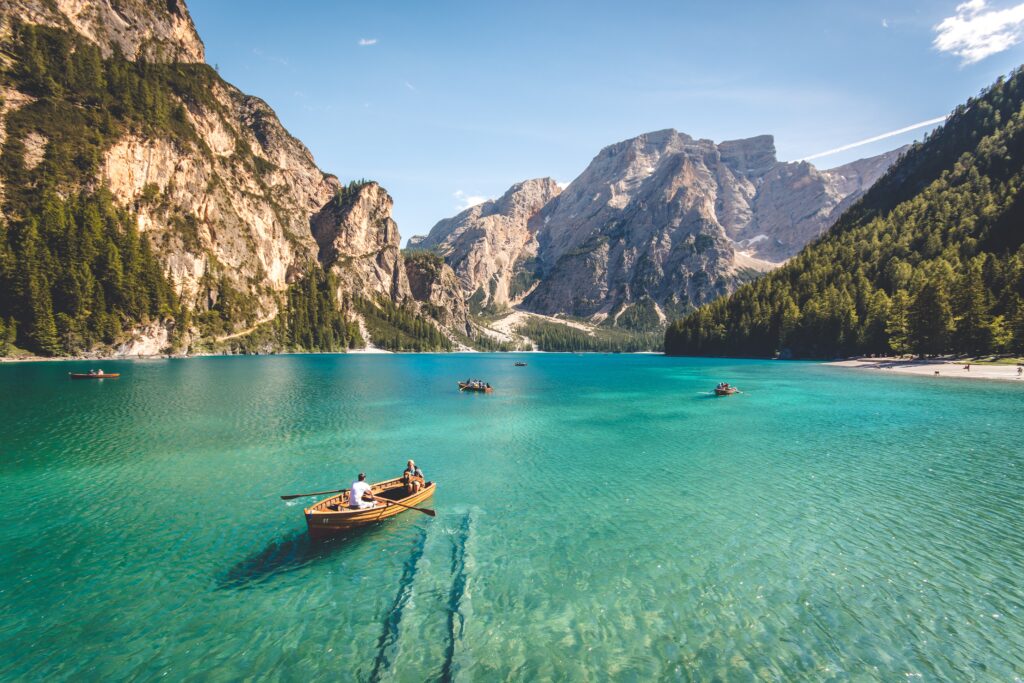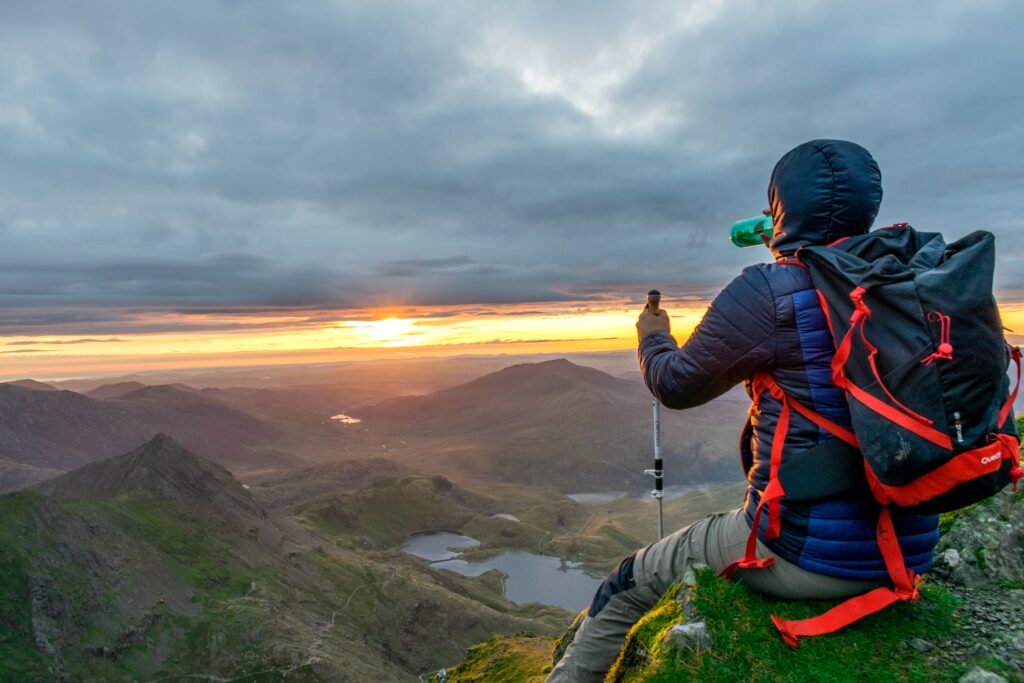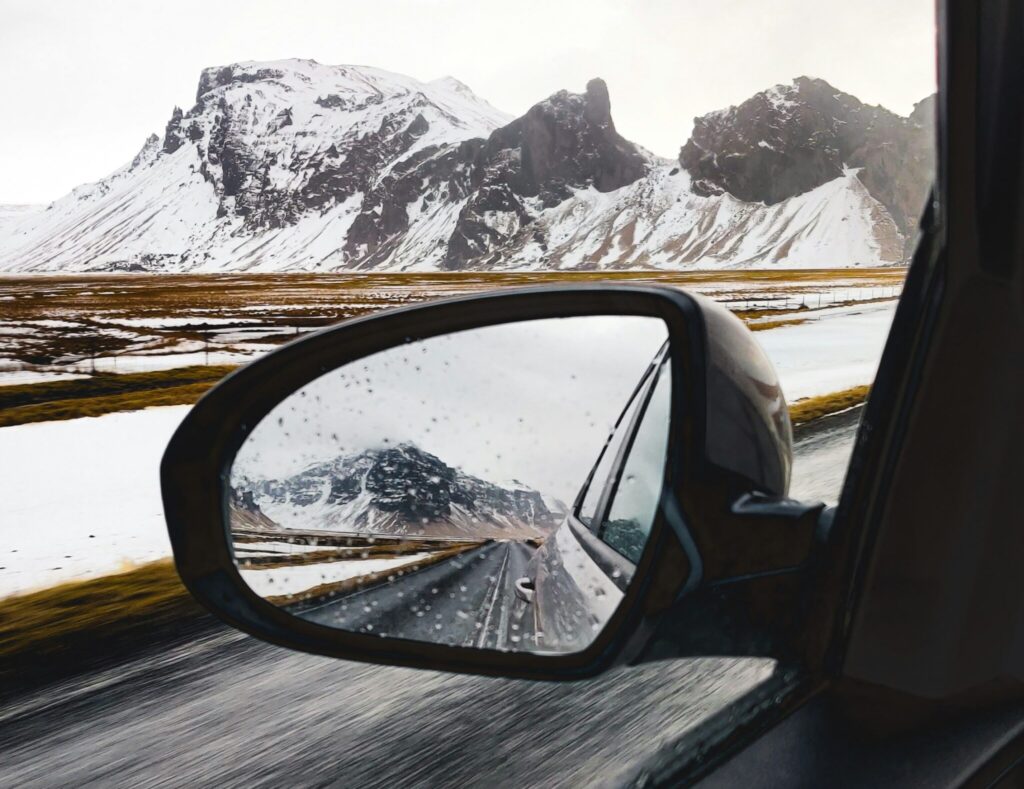Traveling can be an incredibly rewarding and enriching experience. It allows you to explore new cultures, meet new people, and create lasting memories. For first-time travelers, the prospect of venturing into the unknown can be both exciting and daunting. To help ease your journey and ensure a smooth and enjoyable experience, here are some essential travel tips and guidelines for First-Time Travelers by Mohit Tandon Texas

1. Plan Your Trip Thoroughly : Travel Tips for First-Time Travelers
Firstly, Before embarking on your journey, it’s crucial to plan your trip thoroughly. This includes:
- Destination Research: Choose your destination wisely. Consider factors like culture, climate, and language. Look into popular attractions, local customs, and the best time to visit.
- Travel Dates: Decide when you want to travel. Off-peak seasons often offer better prices and fewer crowds.
- Budget: Establish a budget and stick to it. Account for expenses such as flights, accommodation, food, and activities.
- Travel Insurance: Invest in travel insurance to protect yourself from unexpected events like medical emergencies, trip cancellations, or lost luggage.
- Visa and Documentation: Ensure you have the required visas and travel documents for your destination. Check the expiration date of your passport.
- Vaccinations and Health: Especially, Research any necessary vaccinations or health precautions for your destination. Carry any required medications. Mohit Tandon Human Trafficking
2. Pack Smartly : Travel Tips for First-Time Travelers
Secondly, Packing can be a make-or-break aspect of your trip. Here are some tips to help you pack efficiently:
- Pack Light: Don’t overpack. Stick to the essentials and versatile clothing. You can do laundry during your trip if needed. Mohit Tandon Human Trafficking
- Weather Considerations: Pack according to the destination’s climate. Layering is often a good strategy.
- Important Documents: Carry printed and digital copies of important documents like your passport, visa, travel insurance, and itinerary.
- Travel Adapters: Research the type of power outlets at your destination and bring the appropriate adapters.
- Toiletries: Bring travel-sized toiletries to save space. Remember that you can often buy these items at your destination.

3. Stay Healthy and Safe : Travel Tips for First-Time Travelers
Thirdly, Your health and safety should be a top priority while traveling. Here’s how to stay healthy and safe:
- Travel Vaccinations: Consult with a healthcare professional about necessary vaccinations and medications for your destination.
- Travel Insurance: As mentioned earlier, invest in comprehensive travel insurance.
- Stay Hydrated: Especially, Drink plenty of water, especially in hot or dry climates.
- Food Safety: Be cautious about where and what you eat. Stick to reputable restaurants and avoid street food if you have a sensitive stomach.
- Personal Safety: Be aware of your surroundings and avoid risky areas, especially at night. Use reliable transportation services.
- Emergency Contacts: Have a list of emergency contacts, including local authorities and your country’s embassy.
4. Embrace the Local Culture : Travel Tips for First-Time Travelers
Accordingly Mohit Tandon from Texas, one of the most rewarding aspects of travel is experiencing new cultures. Here’s how to embrace and respect the local culture:
- Learn Basic Phrases: Knowing a few basic phrases in the local language can go a long way. Locals appreciate when travelers make an effort to communicate in their language.
- Respect Local Customs: Be aware of and respect local customs, traditions, and etiquette. What may be acceptable in your culture might not be in the one you’re visiting.
- Dress Appropriately: Dress modestly and according to local norms, especially when visiting religious sites.
- Be Open-Minded: Embrace new experiences and be open to trying local cuisine and activities.
5. Stay Connected : Travel Tips for First-Time Travelers
Staying connected while traveling is important for safety and convenience. Here are some tips for staying connected:
- Mobile Plans: Accordingly Mohit Tandon from Texas, Check with your mobile provider about international roaming options or consider purchasing a local SIM card.
- Wi-Fi: Many hotels, cafes, and public places offer free Wi-Fi. Take advantage of this to save on data usage.
- Navigation Apps: Download offline maps and navigation apps like Google Maps to help you get around.
6. Manage Your Finances
Proper financial management is key to a successful trip. Here are some financial tips for first-time travelers:
- Notify Your Bank: Let your bank know about your travel plans to prevent any issues with your credit or debit cards while abroad.
- Currency Exchange: Exchange some currency before your trip for convenience, but also use ATMs at your destination for better rates.
- Budget Tracking: Accordingly Mohit Tandon from Texas, Keep track of your expenses to ensure you stay within your budget.
- Emergency Funds: Have a backup source of funds, like a travel credit card or a small amount of cash, in case of unexpected expenses.
7. Stay Organized : Travel Tips for First-Time Travelers
Staying organized can significantly improve your travel experience. Consider these organizational tips:
- Travel Wallet: Use a travel wallet or pouch to keep all your important documents and money in one place.
- Packing Cubes: Consider using packing cubes to keep your luggage organized and make finding items easier.
- Travel Apps: Use travel apps for itinerary management, language translation, currency conversion, and more.
- Travel Journal: Keep a travel journal to document your experiences and memories.
8. Be Flexible and Patient
Travel doesn’t always go as planned, and unexpected challenges can arise. It’s essential to be flexible and patient:
- Flight Delays: Flight delays and cancellations are common. Stay patient and informed about your options.
- Lost Luggage: If your luggage is lost or delayed, report it immediately to the airline and have essentials in your carry-on.
- Language Barriers: Be prepared for language barriers and have translation apps or phrasebooks on hand.
9. Travel Responsibly
Responsible travel is about minimizing your impact on the environment and respecting local communities. Here’s how you can travel more responsibly:
- Eco-Friendly Practices: Reduce waste, conserve water and energy, and support eco-friendly accommodations and tours.
- Respect Nature: When visiting natural attractions, follow guidelines for preserving the environment and wildlife.
- Cultural Sensitivity: Respect the local culture and traditions, and avoid participating in activities that harm animals or people.
10. Stay Healthy on the Road
Maintaining your health while traveling is crucial for an enjoyable trip. Here are some tips for staying healthy:
- Vaccinations and Health Check: Get any recommended vaccinations and have a health checkup before your trip.
- Stay Active: Find ways to stay active, like walking or hiking, to counteract the effects of long hours of sitting during travel.
- Diet: Maintain a balanced diet, including fruits and vegetables, and be cautious about food hygiene.
- Sleep: Prioritize getting enough sleep to stay alert and energized.
- Sun Protection: Use sunscreen, wear a hat, and stay hydrated to protect yourself from the sun.

11. Capture Memories
Documenting your travel experiences allows you to relive them later. Here’s how to capture memories:
- Photography: Take photos of the places you visit and the people you meet. Don’t forget to be present in the moment, too.
- Journaling: Keep a travel journal to jot down your thoughts and experiences.
- Social Media: Share your adventures with friends and family through social media, but don’t spend your entire trip behind a screen.
12. Connect with Locals
One of the most enriching aspects of travel is connecting with locals. Here’s how to do it:
- Ask for Recommendations: Ask locals for recommendations on where to eat, what to see, and hidden gems in the area.
- Participate in Local Activities: Join local activities, workshops, or cultural events to immerse yourself in the community.
- Respect Privacy: Be respectful and considerate when engaging with locals, and always ask for permission before taking photos.
13. Handle Travel Stress
Travel can be stressful at times, but there are ways to manage it:
- Plan Buffer Days: Allow for extra time in your itinerary to accommodate unexpected delays or mishaps.
- Relaxation Techniques: Practice relaxation techniques such as deep breathing or meditation to reduce stress.
- Travel Companions: If traveling with others, communicate openly and be patient with each other.
14. Learn from Mistakes
Mistakes and challenges are a part of travel. Rather than dwelling on them, learn from your experiences:
- Travel Mishaps: If something goes wrong, try to find a solution and move on. Don’t let it ruin your entire trip.
- Adapt and Grow: Traveling can be a learning experience. Embrace the opportunity to grow and adapt to new situations.
15. Be Mindful of Your Environmental Impact
Travel can have a significant environmental impact. Here are ways to minimize it:
- Reduce Plastic Use: Use a reusable water bottle and shopping bag to reduce plastic waste.
- Public Transportation: Opt for public transportation, biking, or walking to minimize your carbon footprint.
- Responsible Tourism: Choose eco-friendly accommodations and tours that promote sustainable practices.
16. Learn the Art of Haggling
In many parts of the world, haggling is a common practice. Here’s how to do it effectively:
- Research Prices: Know the approximate price of the item you want to buy to avoid overpaying.
- Start Low: Begin with a lower offer and gradually increase it during the negotiation.
- Be Polite: Stay polite and respectful during the haggling process.
17. Travel Solo or with a Group
Consider whether you want to travel solo or with a group:
- Solo Travel: Allows for greater independence and self-discovery but may require more planning and responsibility.
- Group Travel: Provides built-in companionship and can be less stressful for first-time travelers.
18. Make Copies of Important Documents
It’s a good practice to make copies of essential documents and store them separately from the originals. These documents may include:
- Passport
- Visa
- Travel Insurance
- Driver’s License
- Credit Cards
19. Respect the Environment and Wildlife
When visiting natural areas, follow these guidelines to protect the environment and wildlife:
- Stay on Marked Paths: Avoid trampling on vegetation or disturbing wildlife.
- Do Not Feed Wildlife: Feeding animals can disrupt their natural behaviors and diets.
- Proper Waste Disposal: Dispose of trash in designated areas and recycle when possible.
20. Prepare for Reverse Culture Shock
When returning home, you may experience reverse culture shock, which is the feeling of disorientation in your own culture after being abroad. Here’s how to handle it:
- Give Yourself Time: Understand that it’s normal to feel a bit out of place at first.
- Reflect on Your Experience: Use this time to reflect on what you’ve learned and how you’ve grown during your travels.
- Stay in Touch: Maintain connections with the friends and people you met during your trip.
21. Leave No Trace
When enjoying the outdoors, particularly in natural parks and wilderness areas, remember to “Leave No Trace.” This means:
- Pack Out What You Pack In: Carry out all your trash and litter.
- Respect Wildlife: Do not disturb or feed wildlife.
- Minimize Campfire Impact: If allowed, use established fire rings and follow fire regulations.
22. Be Mindful of Photography Etiquette
Photography is an essential part of travel, but it’s important to be considerate when taking pictures:
- Ask for Permission: When photographing people, especially in foreign cultures, ask for permission first.
- Respect No-Photography Zones: Some places, such as religious sites, may have restrictions on photography. Comply with these rules.
23. Keep an Emergency Kit
While traveling, it’s a good idea to carry a small emergency kit that includes items like:
- First Aid Supplies
- Prescription Medications
- Emergency Contact Information
- Flashlight
- Multi-tool
- Portable Charger
24. Explore Off the Beaten Path
While popular tourist destinations are worth visiting, don’t be afraid to explore off the beaten path. Some of the best travel experiences can be found in less-visited areas.
25. Stay Informed About Local Laws
Before traveling, research the local laws and customs of your destination. What might be perfectly acceptable in your home country could be illegal or culturally insensitive elsewhere. Ignorance of the law is not an excuse.
26. Choose Accommodations Wisely
When selecting accommodations, consider factors like location, safety, and budget. Options range from hostels and guesthouses to hotels and vacation rentals. Read reviews and do thorough research before booking.
27. Travel Light
Surely, Carrying heavy luggage can be cumbersome and tiring. Try to pack as light as possible, and opt for versatile clothing that can be mixed and matched. If you need something, you can often buy it at your destination.
28. Learn Basic Navigation Skills
Understanding how to read maps and navigate using landmarks can be incredibly helpful when exploring a new place. Familiarize yourself with the local public transportation system and have a backup navigation plan.
29. Practice Patience and Flexibility
Not everything will go as planned during your travels. Delays, language barriers, and unexpected events are all part of the journey. Stay patient and be flexible when things don’t go your way.
30. Immerse Yourself in Local Cuisine
One of the most enjoyable aspects of travel is trying local cuisine. Be adventurous and sample regional dishes. Don’t limit yourself to familiar foods; explore new flavors and dining experiences.
31. Make a Packing Checklist
Creating a packing checklist can help ensure you don’t forget important items. Include essentials like passports, travel adapters, chargers, and any specific items needed for your destination, such as insect repellent or cold-weather gear.
32. Maintain Travel Etiquette
Good manners and etiquette go a long way in making a positive impression on locals and fellow travelers. Be respectful, patient, and considerate of others, whether you’re in a crowded market or a quiet museum.
33. Learn to Bargain
In many parts of the world, bargaining is a common practice, especially in markets and street vendors. Haggling can be fun and help you get better deals. Start with a friendly demeanor and be prepared to negotiate.
34. Stay Hydrated and Protect Your Skin
Depending on your destination, the climate may be different from what you’re used to. Stay hydrated and protect your skin from the sun. Carry a refillable water bottle and apply sunscreen as needed.
